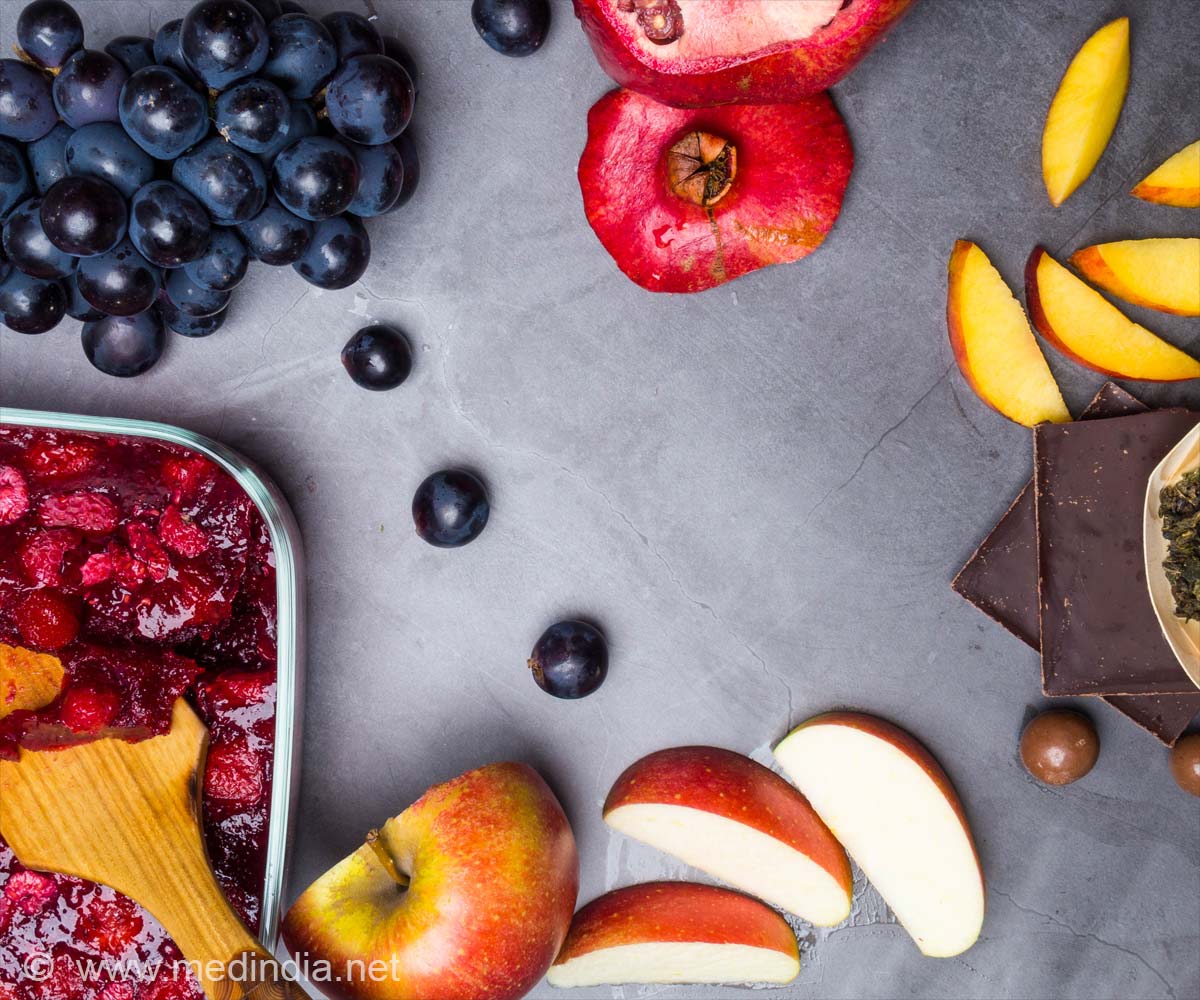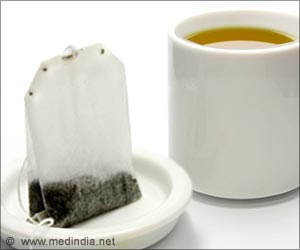Daily flavonoid-rich foods like berries, tea, and leafy greens may lower dementia risk by 28%, with stronger effects in individuals with genetic or lifestyle-related risk factors.

- A flavonoid-rich diet may lower dementia risk by 28%
- Key foods include tea, berries, and leafy greens for brain health
- Stronger benefits are seen in those with hypertension, depression, or genetic predispositions
Flavonoid-Rich Foods, Dementia Risk, and Interactions With Genetic Risk, Hypertension, and Depression
Go to source).
A daily flavonoid-rich diet can reduce dementia risk by up to 28%! #brainhealth #medindia’
Findings on Flavonoid Benefits
The study, published in JAMA Network Open, reveals that higher flavonoid consumption would decrease the risk of dementia, especially for those with high blood pressure, depression, or a genetic predisposition. Foods such as berries, tea, and red wine were among the most beneficial, although experts advise prioritizing non-alcoholic sources like berries and tea.Flavonoids and Dementia Prevention
Flavonoids are bioactive compounds found in various plant-based foods like fruits and vegetables. They help reduce inflammation, improve blood vessel function, and may promote neurogenesis (the formation of new neurons). With the world’s population aging, these dietary components could play a key role in brain health, especially as the number of people affected by dementia is expected to rise from 50 million to 152 million by 2050.Flavonoid-Rich Foods and Brain Health
The primary flavonoid-rich foods identified were tea, berries, and red wine, though the focus remains on tea and berries for brain health due to the health risks associated with alcohol consumption. Regular intake of flavonoid subclasses, such as anthocyanins, flavan-3-ols, flavonols, and flavones, were linked to lower dementia risk, further supporting the importance of a flavonoid-rich diet.Flavonoid Intake and Dementia Prevention Strategies
Experts recommend focusing on flavonoid-rich foods like tea, berries, and dark leafy greens rather than wine. Nutrient-dense plant foods, particularly those rich in flavonoids, are believed to offer significant protective benefits for the brain. In addition to a flavonoid-rich diet, adopting dietary patterns like the MIND diet (a hybrid of the Mediterranean and DASH diets) could further reduce dementia risk.
The study underscores the significant potential of flavonoid-rich foods in reducing dementia risk, particularly for individuals with genetic predispositions or lifestyle-related factors like hypertension and depression. While the findings are promising, experts caution against relying on red wine due to the associated health risks, recommending instead a focus on non-alcoholic flavonoid sources.
Reference:
- Flavonoid-Rich Foods, Dementia Risk, and Interactions With Genetic Risk, Hypertension, and Depression - (https://jamanetwork.com/journals/jamanetworkopen/fullarticle/2823676)
Source-Medindia















